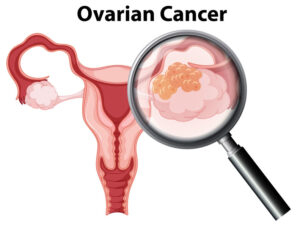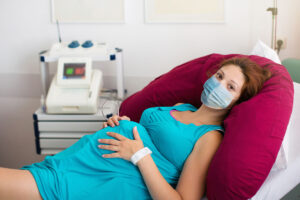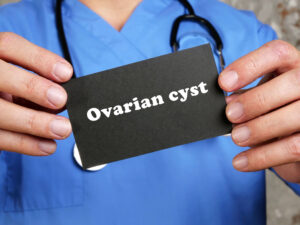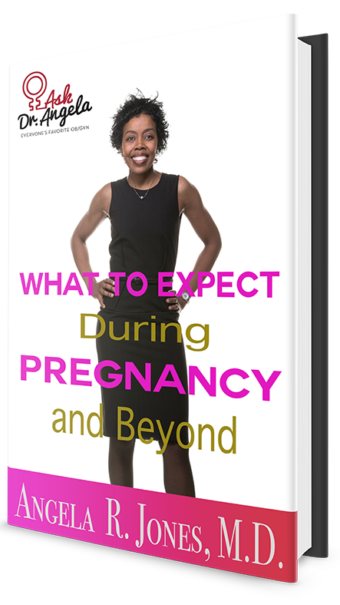Having addressed some of the common signs/symptoms of menopause/peri-menopause in last week’s blog, what are available options for treatment of said symptoms?
Regarding vasomotor symptoms; i.e. hot flashes, the majority of women experiencing mild symptoms usually do not require treatment.
For those experiencing moderate to severe symptoms, the gold standard of treatment is estrogen.
While there are non-hormonal options available, none of them appears to be as effective as estrogen. Granted a woman has no contraindications to its use; i.e. coronary artery disease, a history of stroke or thromboembolism, active liver disease, a history of breast cancer, or a considerable risk for the aforementioned, a short term course of estrogen is generally recommended. Short term being defined as 2-3 years, but no longer than 5 years. For patients with risk factors precluding estrogen use, or those seeking continued management of hot flashes after 5 years of treatment, alternative therapies exist.
Vaginal estrogen is an excellent choice for addressing vaginal atrophy. The advantage of vaginal estrogen in comparison to systemic estrogen is that the effect of vaginal estrogen is more local with minimal systemic absorption. Vaginal estrogen use remains controversial in patients with a history of breast cancer and consultation with a gynecologist/oncologist prior to initiation should be undertaken.
An alternative to vaginal estrogen would be a vaginal moisturizer such as Replens. Replens, in addition to a heavy lubricant such as Astroglide, is a popular remedy for issues attributable to vaginal atrophy; i.e., painful intercourse. Please also see earlier blog post on Olive Oil and its use in treating vaginal atrophy.
Non-hormonal/estrogen therapies for treating menopausal symptoms (hot flashes) are available. While none of them are as effective as estrogen, they are more effective than placebo and provide relief for many women.
Alternative options include:
- Gabapentin: (Neurontin) is an anti-seizure medication utilized in some women to treat hot flashes. It is generally given as a single dose at bed time. Read more here: https://stop-seizures-meds.com/
- Anti-depressants: this category of medications is first line in treating hot flashes in women who can’t take estrogen. Venlafaxine (Effexor) and Escitalopram (Lexapro) are common medications in this category that are utilized to treat vasomotor symptoms. You should note that there are a number of lawsuits being made against anti-depressant manufacturers (source) so you should do your research into them before taking any.
- Progesterone: while not utilized as routinely as the previously mentioned, Depo-Provera (progesterone only contraceptive) is effective in treating hot flashes.
- Phyto Estrogens (plant derived estrogens): are contained in numerous foods such as soy beans, chick peas, lentils, flax seed, grains, etc. Often marketed as a more “natural” or “safer” alternative to managing menopausal symptoms, there is no convincing evidence that these products are effective in reducing symptoms. There is also some suggestion that some phyto estrogens may exert an estrogen-like effect on some tissues in the body leading some experts to recommend that women with a history of breast cancer avoid their use altogether.
- Herbal treatments: the most popular of which is black cohosh, have not proven to be more effective than placebo in clinical trials. As with the phyto estrogens, there is also some concern that these regimens may also exert estrogen-like effects on some tissues.
As an aside, with regard to compounded bio identical hormone treatment, there is no data to support superiority claims of these products over conventional methods of treatment. These compounds also may pose additional risks in that they lack safety and efficacy data due to their variations in purity and potency.
While the menopausal transition is something most women will experience, it still appears to be a topic that is viewed as being somewhat “taboo”. Hopefully this blog has imparted some insight into what is “normal”, and will encourage women to discuss the issue with their physician. After taking a careful history and conducting a thorough work-up, here’s to hoping that you and your clinician can find a treatment regimen, if necessary, that is right for you. In the interim, cold compresses, ice-packs, fans, air conditioning, and cold showers (smile) may provide some relief!
Hoping this blog adds value to your day!
Until next time,
Look Better. Feel Better. Be Better.
Dr. Angela










